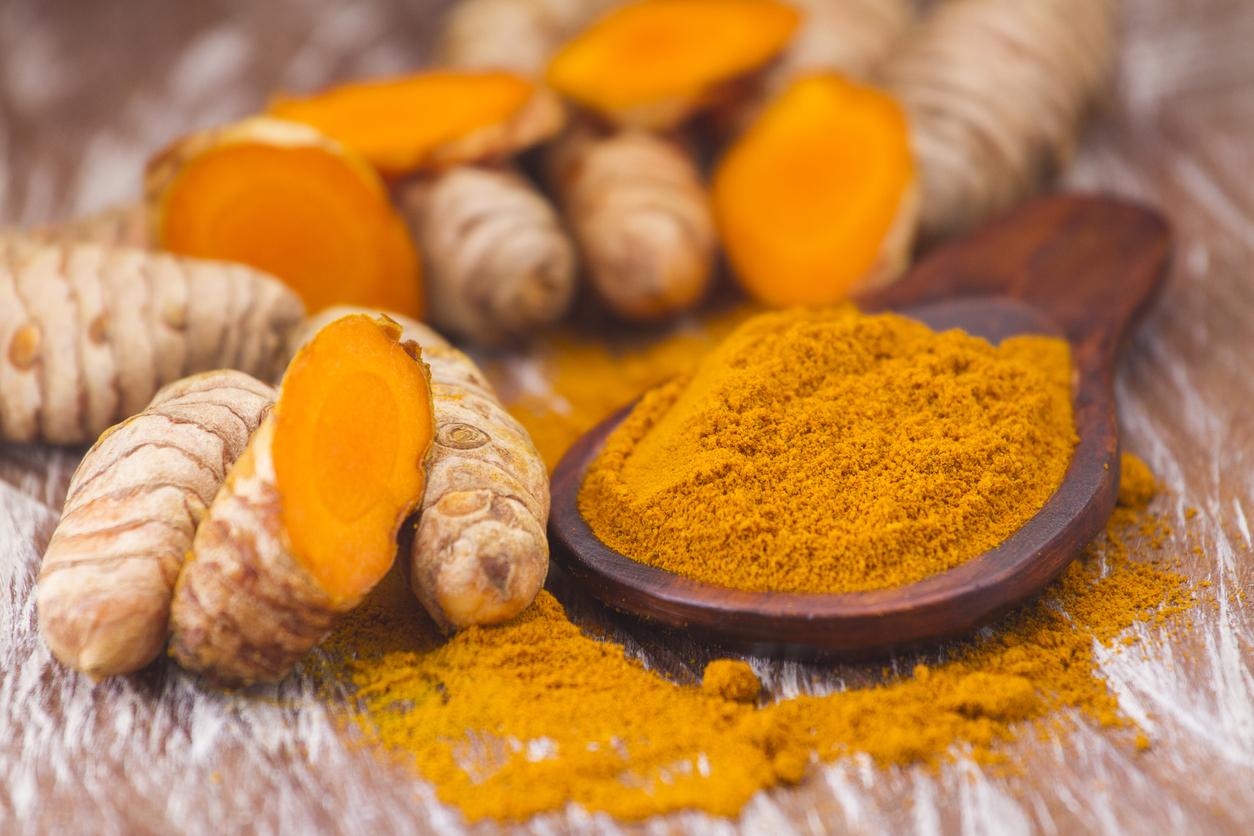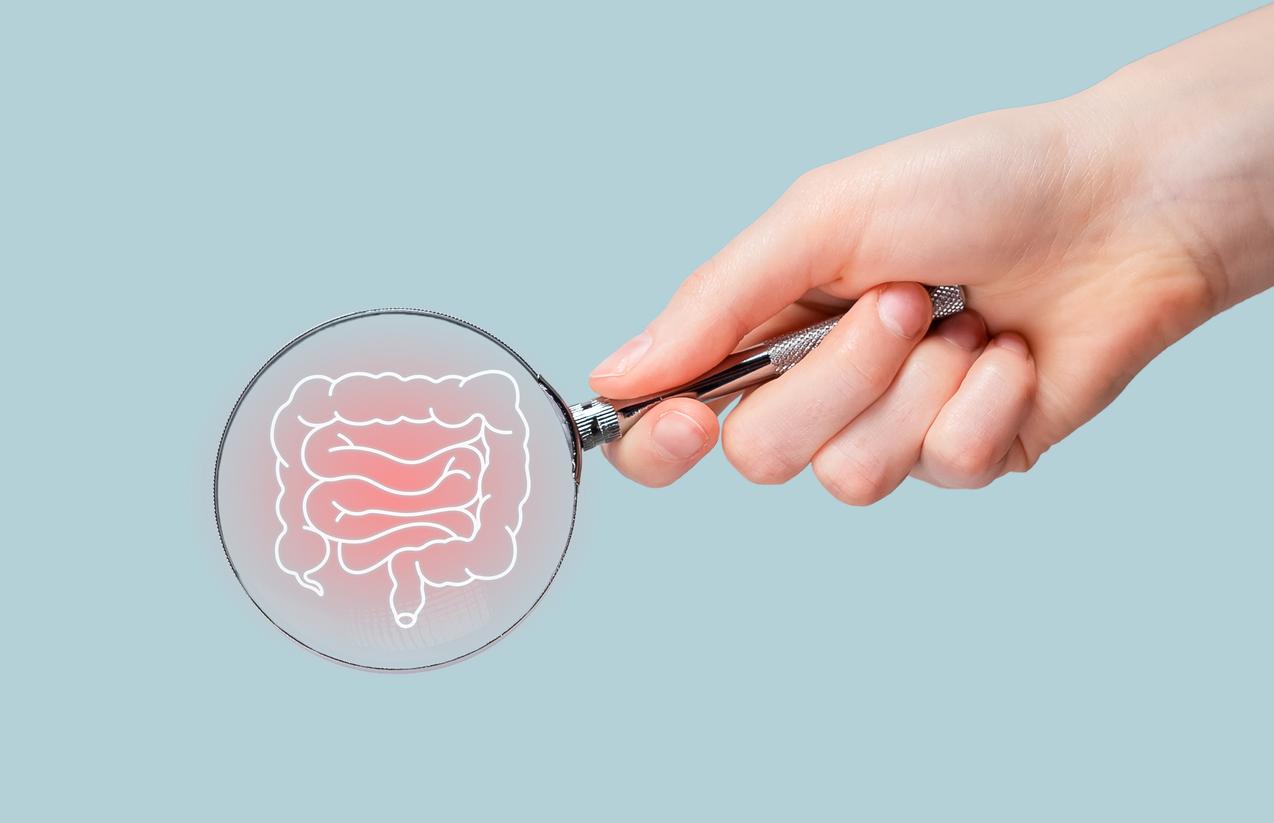Inflammation is a response of the immune system, several signs allow us to recognize it.

- Inflammation is a reaction of the immune system to defend the body.
- Inflammation can be chronic, and symptoms can be detected.
- Diet plays a role in chronic inflammation, certain diets can reduce it.
The immune system is the body’s defense tool. When an attack occurs, such as an infection or injury, it triggers different processes. Among these, we find inflammation. This physiological phenomenon is often thought to be the cause of different diseases. In an article published in Tea Conversation, dTwo Australian scientists, Lauren Ball and Emily Burch, take stock of chronic inflammation and give several tips for reducing it.
Why inflammation?
L’National Cancer Institute defines inflammation as a ““body’s defense reaction to infection or tissue damage”. Inflammation occurs when the immune system activates different cells in the body. This causes redness, pain, warmth, and even swelling. These signs will disappear once the body heals. However, it is also possible for the inflammation to persist, in which case doctors call it chronic inflammation.This may indicate a health problem such as arthritis, heart disease, diabetes, dementia or other immune disorders“, explain the Australian scientists.
9 Symptoms Related to Inflammation chronic
Experts say there are nine signs that can be associated with chronic inflammation. They usually last for several months or even years. They are:
– pain;
– chronic fatigue;
– insomnia;
– joint stiffness;
– skin problems;
– gastrointestinal disorders such as diarrhea, constipation or acid reflux;
– mental health disorders, including depression, anxiety or mood disorders;
– involuntary weight variations;
– recurring colds or flu.
A blood test can help detect chronic inflammation: those affected will see high levels of certain blood markers such as C-reactive protein.
Diet, a way to act against inflammation
Both experts say that diet is one of the factors linked to inflammation.The relationship between food and inflammation is well knownthey specify. Overall, certain food components can activate the immune system by producing pro-inflammatory cytokines (small proteins important in cell signaling) or by reducing the production of anti-inflammatory cytokines.“Menus rich in processed foods, sugar and red meat are considered a”“pro-inflammatory diet”and increase the risk of chronic inflammation.
Conversely, two types of diets are considered anti-inflammatory: the Mediterranean diet and the DASH diet (Dietary Approaches to Stop Hypertension). They have common elements: fruits and vegetables, rich in antioxidants. The latter “help the body fight free radicals or unstable atoms, which in large quantities are linked to diseases such as cancer and heart disease”.
Anti-inflammatory diets also provide plenty of healthy fatty acids, as they include fish, seeds, nuts, and vegetable oils. They also include foods that are sources of fiber and prebiotics, such as carrots, cauliflower, onions, and legumes.Prebiotics promote the growth of beneficial microorganisms in our intestines”develop Lauren Ball and Emily Burch. The DASH and Mediterranean diets are good for the body, in particular they reduce the risk of cardiovascular diseases.















